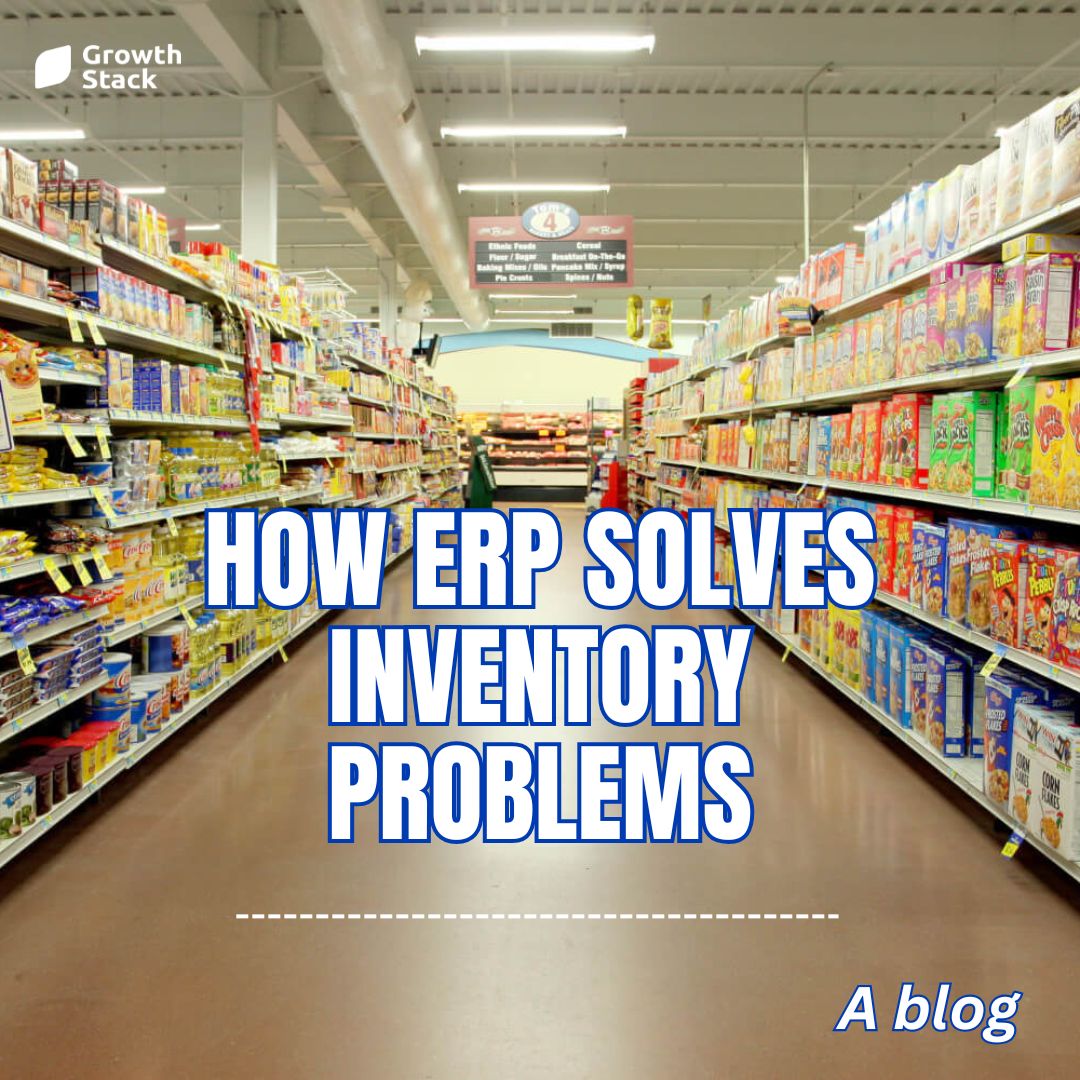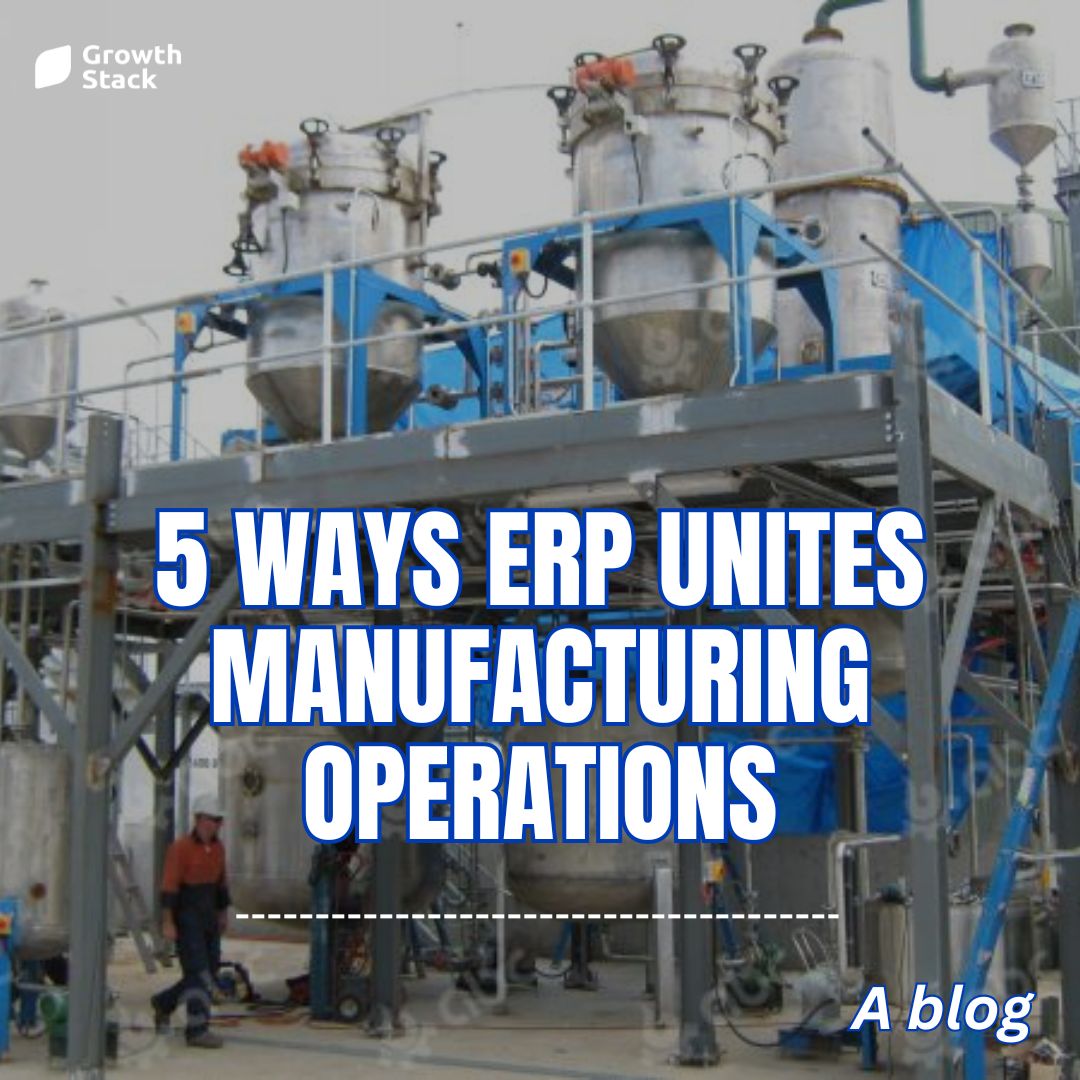In today’s competitive market, manufacturers leverage ERP (Enterprise Resource Planning) systems to improve efficiency, enhance decision-making, and streamline operations. ERP systems offer an integrated approach to managing resources, automating processes, and reducing costs. But why is ERP essential for manufacturers? Here are 7 compelling reasons why manufacturers leverage ERP systems to optimize their business.
1. Improved Inventory Management
Manufacturers leverage ERP to gain real-time visibility into their inventory. ERP systems allow businesses to track raw materials, work-in-progress, and finished goods across multiple locations. This ensures accurate stock levels and reduces the risk of overstocking or understocking, directly improving operational efficiency.
With ERP, inventory management becomes seamless, helping manufacturers reduce wastage, improve order fulfillment, and optimize warehouse operations.
2. Streamlined Supply Chain Management
Another reason manufacturers leverage ERP is to streamline their supply chain. The ERP system integrates procurement, production, and distribution into one unified platform, providing transparency and better control over supply chain activities. This helps businesses mitigate delays, manage costs effectively, and respond to changes in demand more swiftly.
ERP enables manufacturers to optimize supplier relationships and minimize bottlenecks, leading to a more agile supply chain.
3. Enhanced Financial Management
Manufacturers leverage ERP to streamline financial processes, from budgeting to payroll management. ERP systems centralize all financial data, enabling real-time reporting and accurate financial forecasting. This is crucial for manufacturers seeking to maintain profitability and reduce operational costs.
ERP systems also ensure compliance with tax regulations and accounting standards, helping manufacturers avoid costly errors or penalties.
4. Better Production Planning and Scheduling
ERP software helps manufacturers enhance production planning by providing insights into demand forecasts, inventory levels, and production capacity. This allows manufacturers to plan production schedules more efficiently, reducing downtime and ensuring that resources are optimally utilized.
By leveraging ERP for production planning, manufacturers can respond quickly to changing customer demands, minimize delays, and increase overall productivity.
5. Improved Data Accuracy and Reporting
One of the key reasons manufacturers leverage ERP is to enhance data accuracy and reporting. ERP systems collect data from different departments, ensuring that information is updated in real-time. This eliminates the risk of data silos and enhances decision-making capabilities.
With ERP, manufacturers can generate detailed reports on production performance, financial health, and customer orders, allowing for data-driven strategies that improve business outcomes.
6. Regulatory Compliance and Risk Management
In the manufacturing industry, maintaining compliance with regulations is essential. Manufacturers leverage ERP systems to manage regulatory compliance, including industry standards, safety regulations, and environmental laws. ERP software tracks and documents compliance, making it easier to meet regulatory requirements and avoid potential fines or legal issues.
Additionally, ERP systems help manufacturers manage risks by identifying potential issues in production, supply chains, and finances before they become critical.
7. Improved Customer Satisfaction
Finally, manufacturers leverage ERP to improve customer satisfaction. ERP systems help businesses track orders, monitor production schedules, and manage shipping processes more effectively. This leads to timely deliveries, accurate order fulfillment, and better customer service.
By optimizing operations through ERP, manufacturers can offer their customers more reliable and faster services, enhancing customer loyalty and satisfaction.
Conclusion
Manufacturers leverage ERP systems to optimize various aspects of their business, from inventory management to customer satisfaction. Implementing an ERP solution enhances operational efficiency, reduces costs, and enables manufacturers to stay competitive in today’s dynamic market.
If you’re considering implementing an ERP system, check out this comprehensive guide on ERP implementation best practices.












